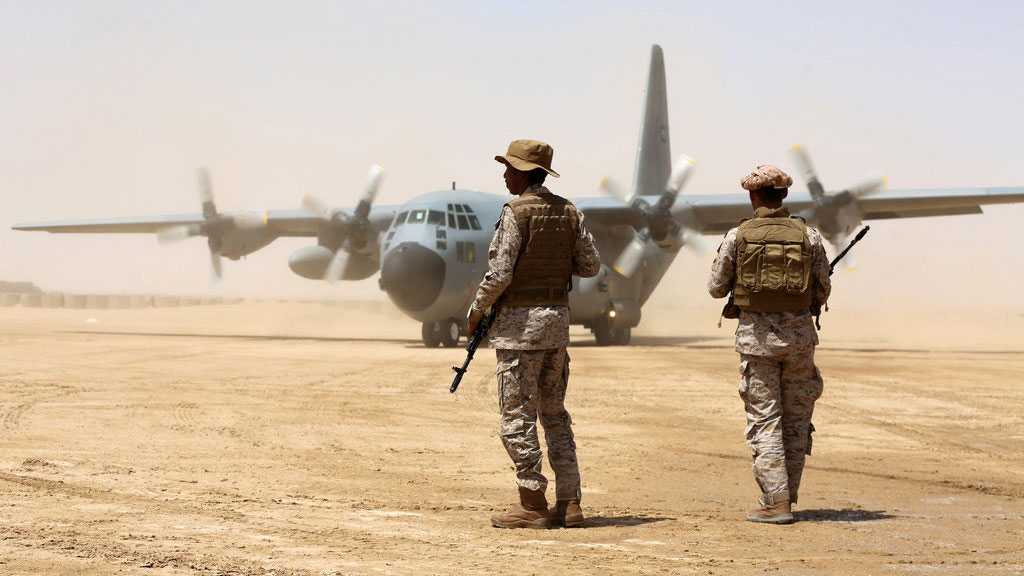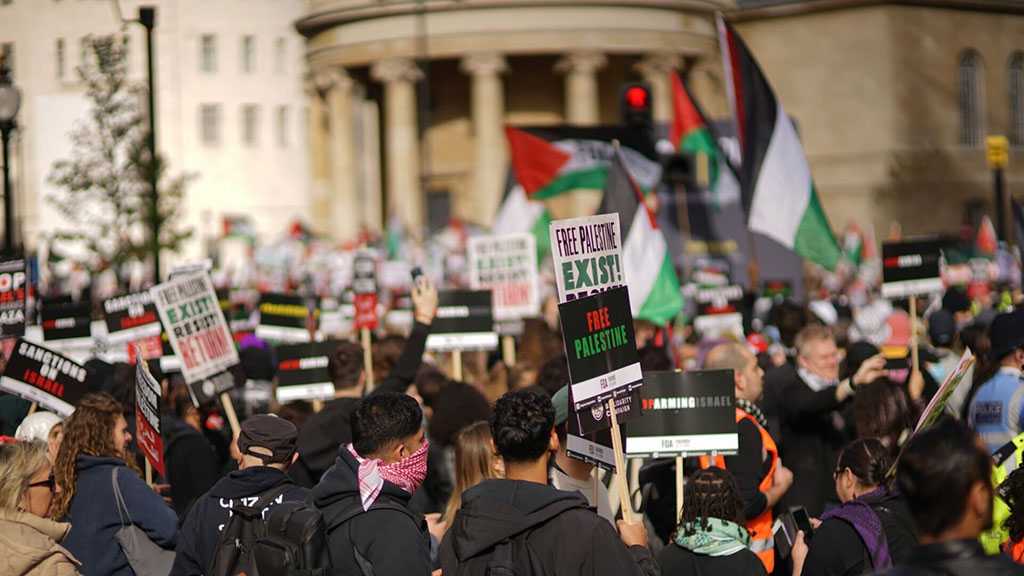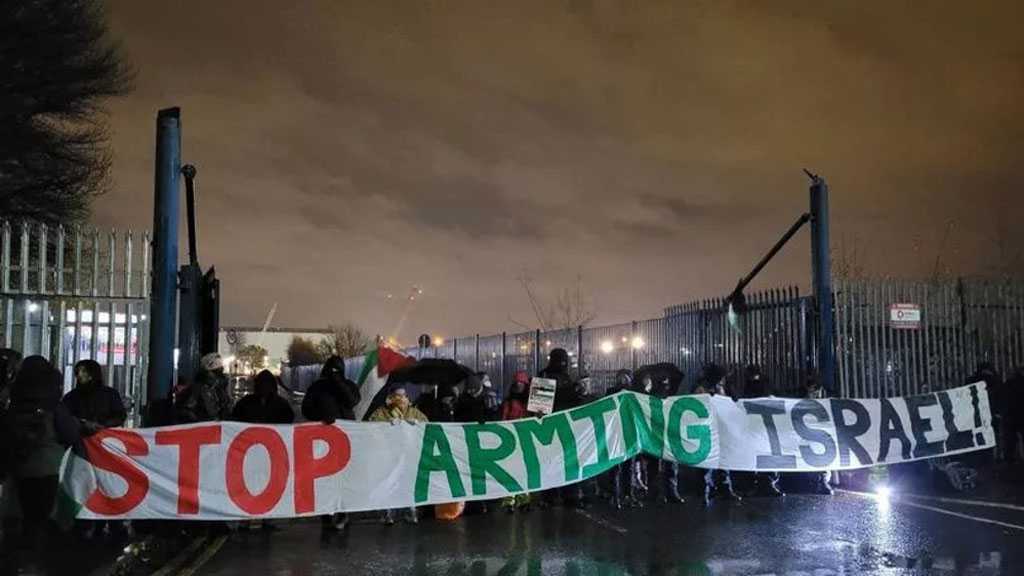
UK to Resume Arms Sales to Saudi Arabia

By Staff, NYT
One day after sanctioning 20 Saudis for human rights violations, the United Kingdom on Tuesday sent a very different signal to the government in Riyadh, ending a moratorium on arm sales to Saudi Arabia over its involvement in the bloody conflict in Yemen.
A court ruling last year forced the British government to suspend sales of arms and military equipment to Saudi Arabia because of the risk they would be used in violation of international humanitarian law.
But after a review, Liz Truss, Britain’s international trade secretary, said on Tuesday that procedures had been revised to comply with the court’s concerns, and that the suspension of licenses for the export of arms to Saudi Arabia was at an end.
Her decision prompted anger from opposition politicians and campaigners, protests that were sharpened by the timing of the announcement. On Monday, Foreign Secretary Dominic Raab imposed sanctions on 47 people, including 25 Russians accused of aiding and abetting in the death of Sergei L. Magnitsky, a Russian lawyer who died after brutal treatment in detention in 2009.
The British list also included two people from Myanmar and 20 Saudis accused in the assassination of the dissident Saudi columnist Jamal Khashoggi, whose death caused outrage around the world.
Raab argued that, as it charts its new course on the international stage outside the European Union — which Britain formally quit in January — the British government was “absolutely committed to the United Kingdom being an even stronger force for good in the world.”
The Saudis named in the British sanctions list included Ahmed al-Asiri, a former deputy head of the Saudi intelligence service, and Saud al-Qahtani, a former adviser to the Saudi crown prince, Mohammed bin Salman. Both men, along with 18 others, are facing trial in absentia in Turkey for directing the 15-man hit squad that flew to Turkey from Saudi Arabia to carry out the killing.
While the murder of Khashoggi and Saudi Arabia’s involvement in Yemen are very different issues, critics said that imposing sanctions while also ending a moratorium on arm sales sent contradictory signals over the balance between human rights and realpolitik in Britain’s evolving foreign policy.
Saudi Arabia is a big market for British arms manufacturers. Between April 2015 and March 2018, Britain’s government licensed the sale of at least 4.7 billion pounds [around $5.89 billion] of military equipment to the Saudis, and a further £860 million to its coalition partners.
Comments
- Related News



